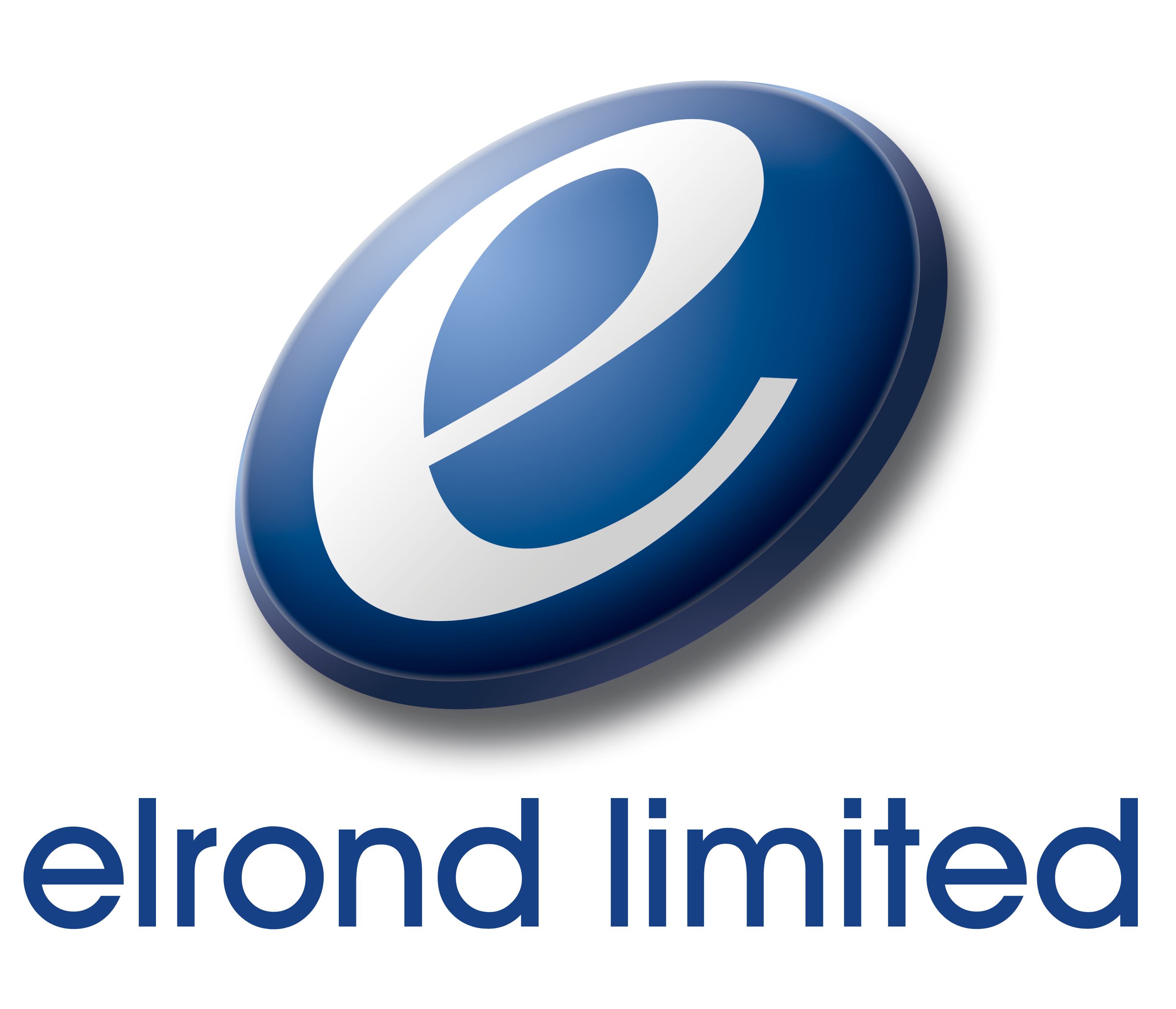Protecting your data is more important than ever these days. The number of fake emails which contain code or links to malicious web pages which will encrypt your data and then demand a ‘ransom’ to unencrypt it are increasing.
There are a number of ways to back up your data – cloud services (Google Drive, iCloud, OneDrive, Dropbox to name a few!) or local devices (External hard drives or network drives connected to your home/work network).
The advantages and disadvantages of these need to be understood to ensure you are getting the right kind of protection.
Cloud Services
The majority of these are known as a ‘synchronising service’. They are often used for connecting your various devices together making it possible to have access to the same information on any of the devices.
Advantages:
The backup happens automatically as long as you’re connected to the internet and therefore you don’t have to think about it.
Information is accessible from all devices.
If a piece of equipment breaks all you need to do is replace it, put in you user ID and password and the data comes straight back down.
If you delete a file it is deleted from the cloud service and therefore removed from all the other devices.
Disadvantages:
If anything deletes or corrupts a file whilst you’re connected to the internet, this will replicate itself to the cloud and therefore all other devices.
Local backup devices
There are two basic types of local backup – an external hard drive which you connect to the computer and a network based device.
External Hard Drive: Advantages
The backup can be scheduled to happen at specific times – as long as the device is connected to your machine.
The backup can often be held as a ‘history of changes’, giving you the ability to retrieve the file as it was before the corruption/damage happened.
The unit can be hidden away between backups.
External Hard Drive: Disadvantages:
The whole system is reliant on you remembering to connect your machine and the backup unit!
Network Drive: Advantages
The advantages are very similar to those of an external hard drive but can be scheduled to occur (hourly if required) so you don’t have to remember to connect the device.
The device can be hidden away anywhere in the home/office as long as it can connect to your network.
Network Drive: Disadvantages
Your home/office network must be running.
Still unsure?
As you can see from the above, deciding the best mechanism for protecting your data can be a little involved. Don’t get me wrong – any backup is better than none. Often the best approach is actually a combination of these approaches.
Cloud storage is great for immediate backup of data on the equipment as long as the internet is available. The photos from your phone are protected quickly (just before you drop it in a puddle!). The document you wrote on the desktop at home is available on the laptop you’ve got with you and often also just using a web browser on someone else’s machine. Malicious or unintentional deletion or modification of files does replicate itself everywhere though.
Local backups, either external hard drives or network devices, have the ability to give you a point in time to go back to recover a file before it was changed, but it can’t protect the phone or let you get to the document you wrote on the other machine.
The best approach I’ve found so far uses cloud storage and then a network attached device to protect this by backing up the cloud storage on a periodic basis. This means that you don’t have to think about it happening, all your devices share and you can get a file back in the state it was in a week ago!
Remember ‘Cloud Storage’ is protected by the password you set, so make sure this is a secure one !
